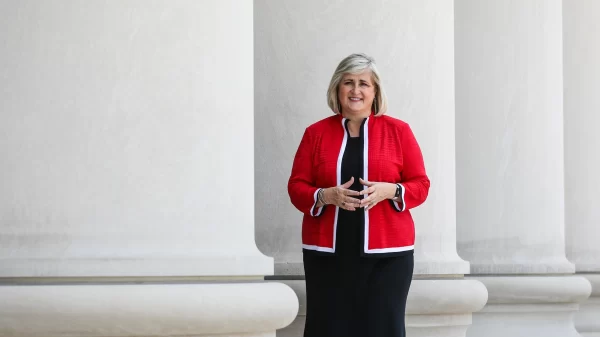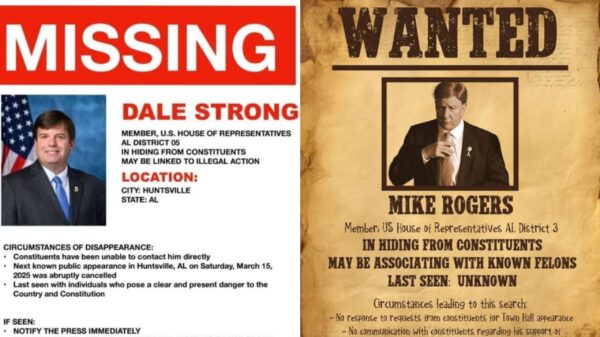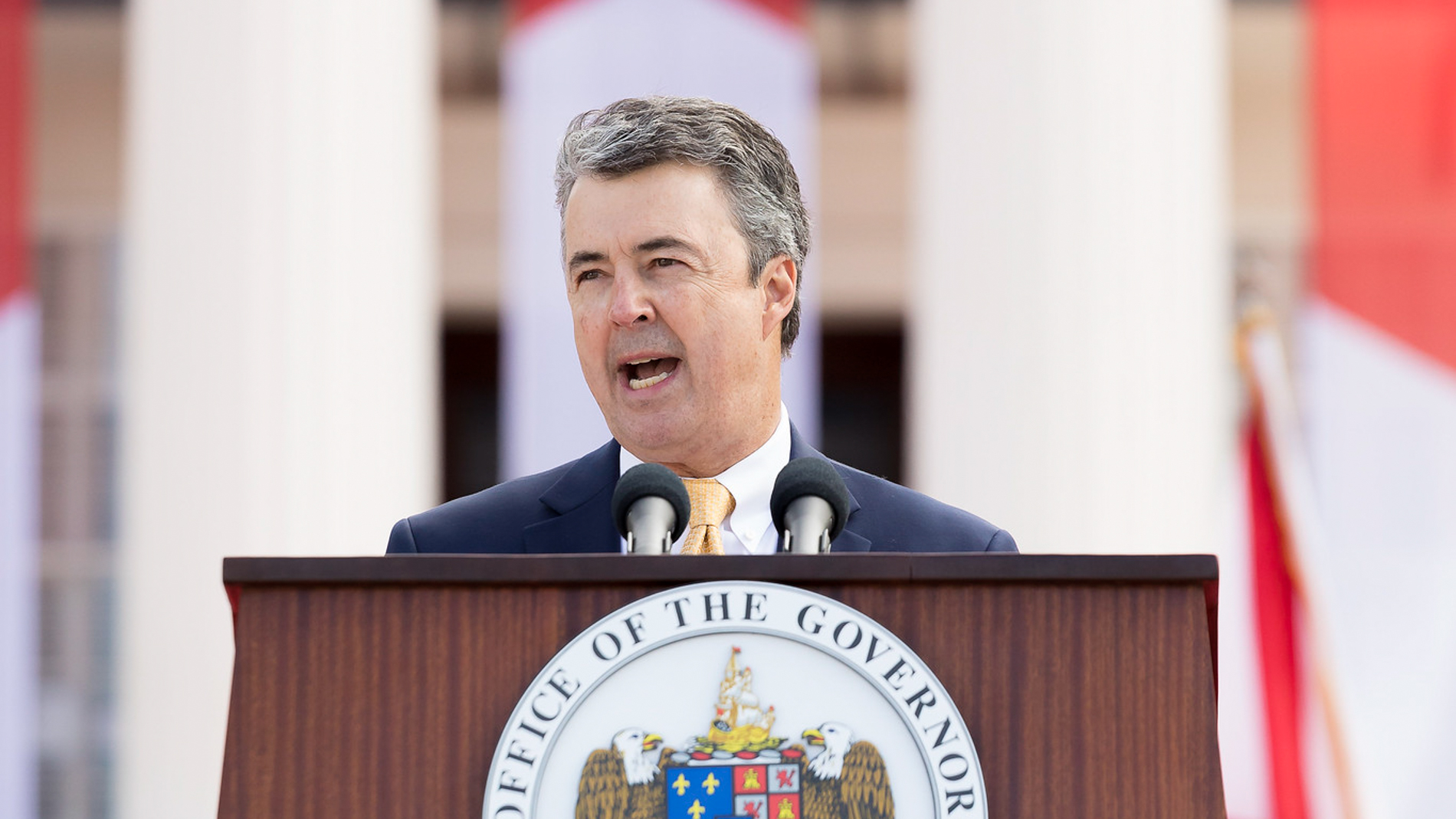|
Getting your Trinity Audio player ready...
|
On Tuesday, Alabama Attorney General Steve Marshall praised a district court judge’s preliminary injunction preventing the enforcement of a new rule meant to protect agricultural workers with H-2A visas.
Created in 1986, the H-2A program allows farmers to hire foreign nationals as seasonal help so long as it won’t negatively affect American workers.
In 2023, almost 400,000 workers received H-2A visas. According to U.S. Citizenship and Immigration Services, 66 Alabama employers have requested H-2A visas in 2024, filling just over 1,000 positions.
Published in April by the Department of Labor, the new rule was designed to address long-standing concerns about the exploitation of migrant farm labor. A years-long investigation that concluded in 2021 found people on H-2A visas in Georgia labored under conditions one U.S. attorney explicitly compared to slavery. Workers were threatened with firearms, forced to dig onions with their bare hands, and “at least two” died as a result.
When the final rule was released, acting secretary of labor Julie Su said it would “[ensure] farmworkers employed through the H-2A program are treated fairly, have a voice in their workplace and are able to perform their work safely.”
A fairly wide-ranging regulation, the rule includes restrictions on employers confiscating workers’ immigration documents, requirements that seatbelts have to be used in work vehicles, and would protect “concerted activity for mutual aid and protection.”
The intervening complaint filed by Marshall and the attorneys general of West Virginia, Ohio, and Kentucky in September argued the rule “confers rights on foreign agricultural workers that Congress explicitly said did not extend to them.” As they note in their complaint, Congress “expressly chose not to extend these rights to agricultural workers” when writing the National Labor Relations Act.
Historians and legal scholars have generally concluded that that decision was rooted in racism. At the time, agricultural workers were disproportionately Black and Mexican, and sharecropping was still a common system. And during debate on the bill, Vito Marcantonio, a Republican Congressman from New York, presciently argued that excluding agricultural workers from the NLRA would ensure a “continuance of virtual slavery until the day of revolt.”
The AGs’ complaint also alleges that the Department of Labor overstepped its statutory authority by issuing the rule, saying nothing in the relevant law “gives it authority to regulate in the manner it attempts with the Final Rule.”
Kentucky District Court Judge Danny Reeves agreed with the attorneys general’s argument, writing that they have a “strong likelihood of success on the merits” and an injunction was warranted.
As a result of Reeves’ decision to issue a preliminary injunction, the Department of Labor is now enjoined from enforcing the rule in Alabama. It also seems likely that the Department of Labor will reverse course on the rule once President-elect Trump’s chosen replacement for Su, former Congresswoman Lori Chavez-DeRemer, is confirmed.
“The Biden-Harris Administration’s failed attempts to force collective bargaining on Alabama farmers is yet another example of why Americans voted them out,” Marshall claimed. (Documentation in the Federal Register notes that the rule “does not require H-2A employers to recognize labor organizations or to engage in any collective bargaining activities.”)
Marshall also used his statement on the ruling to promise that he “will keep fighting [the Biden administration] until the moving vans arrive at the White House.”




















































